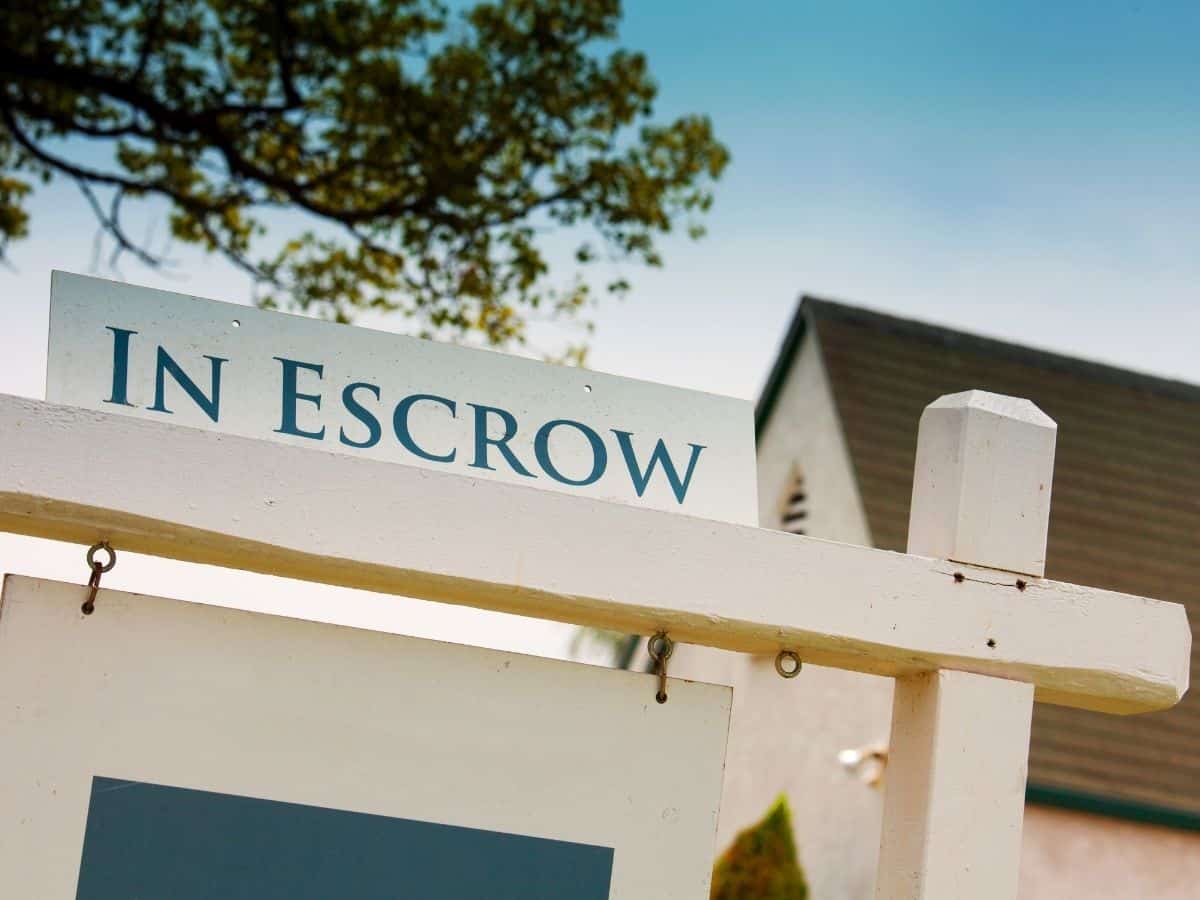There are many parts of the process when purchasing a home. If you are a first-time homebuyer, you may ask how escrow works. Summit Way Realty is here to explain how escrow works and the different types of escrow. Keep reading for the types of escrow accounts and how escrow works.
When a real estate agreement takes place, a third party that is trusted by all involved is hired to keep all the documents, funds, etc., for both the seller and the buyer. When the documents and funds are taken, they are held “in escrow” by the third party. Often, the third party is a Title Company. However, the third party could also be a law firm or an escrow business as well. Whomever the escrow provider is, they protect all parties by ensuring that the terms of essential documents like the purchase contract and the mortgage agreement are followed.
Let’s dive into the different types of escrow accounts and how each works in the real estate journey and beyond.
How Does Escrow Work in the Real Estate Industry?
After the purchase contract is signed, an earnest money deposit may be required. What is an earnest money deposit? The deposit is a certain amount of money deducted from the down payment to show the seller you are serious and committed to purchasing the property. In order to protect the seller and the buyer, the funds are kept in an escrow account that a third party looks over right up until the decided closing date.
Why do both the seller and buyer need to be protected?
When the buyer puts an offer down, and the seller accepts their offer, the home or property is then removed from the real estate market. Let’s say the buyer cancels. Then, the seller will retain the earnest money mentioned above as compensation, if the Buyer canceled for a reason not allowed in the contract.
On the flip side, if the seller fails to follow the terms in the contract or is not able to deliver the property in the shape and condition in which it stood at the time the contract was signed, the earnest money will be given back to the buyer, releasing the buyer from the contract.

The Escrow Process
Along with the earnest money deposit, the escrow account is also used to keep funds for the closing costs, down payment, seller credits, and any other funds that are a part of the deal.
Once the home is closed, the escrow agent will then give the funds to the appropriate party, following the terms of the contracts and agreements. Real estate agent commissions, title, insurance fees, loan origination, HOA dues, and mortgage loan purchase funds are all closing costs in your final Closing Agreement.
How Do Escrow Fees Work?
What are escrow fees, and how do they work? Escrow fees vary depending on the escrow company and the home’s location. However, they are typically one to two percent of the purchase price. Because this is beneficial to both buyer and seller, both parties usually pay a portion of the fee at closing.
You can find the escrow fee on the Loan Estimate and the Closing Disclosure.
The Escrow Account Types
Escrow accounts are standard in real estate, and they are also widely used in other types of business transactions. As previously explained, the first escrow account type is utilized to manage all the moving parts of the home purchasing transaction.
A mortgage escrow account is the second escrow-type.
Mortgage Escrow Account
An escrow account for mortgage loans is created at the closing of the loan and keeps going for the duration of the loan process.
When it comes to a mortgage escrow account, one pays the property taxes and homeowners insurance to the lender monthly. The mortgage company keeps this money in addition to the monthly mortgage payment. So when your property taxes and insurance are due, the mortgage company will pay them.
Escrow accounts are usually required when financing more than 80% of a home or property’s value. Because of this, many first-time homebuyers will benefit from the budgeting provided automatically by an escrow account.
How Does Escrow Work for Non-Real Estate Transactions?
Escrow accounts are not only used for real estate transactions. The accounts can be used when two different parties want to be protected until the agreed-upon terms are met. Below are some examples of escrow accounts that are non-real estate related.
- Escrow for Renters – When you’re renting an apartment or house, a renter’s escrow account is used to deposit rent to a third party and have it delivered to your landlord when repairs, working appliances, etc., have been completed and installed. A renter’s escrow account gives the renter some pull in, ensuring that their rental unit is repaired as promised.
- Online Shopping and Escrow – Online shopping has been on the rise for the last two decades and has resulted in the need for the escrow procedure to protect both sellers and buyers. With online shopping, the buyer will deposit the purchase price into an escrow account. This amount is held while the item is shipped. After the item arrives and is in the right hands, the funds are released to the seller.
- Stocks and Escrow – Escrow stocks can be done for various reasons, including bankruptcy, reorganization, a merger, or during an acquisition. In addition, stocks awarded to an employee may be held in escrow by a company for a period of time. This is known as a vesting period. One can use this period as an incentive for the employee to stay on the payroll.

Escrow Advantages
There are several advantages to escrow accounts.
First, entrusting all funds to a third party while under contract provides security to both the seller and buyer. Escrow ensures that all contract requirements are met, and agreed-upon funds are paid.
Second, real estate escrows promise the seller, buyer, and lender that no one’s investment will be in jeopardy if the transaction fails. Funds are safe and will be returned to the rightful owner.
Third, a mortgage escrow account assures that your taxes and insurance are up to date for you and your lender.
Finally, the mortgage escrow account makes the process and journey stress-free. Paying a consistent amount each month makes budgeting more manageable, and you won’t have to keep track of the due dates for your taxes and insurance policies.
How Does Escrow Work? Your Top Escrow FAQs Answered
Escrow is a critical component of the real estate transaction and mortgage process, and it is pertinent to know the ins and outs of escrow. Here are some of the most frequently asked questions Summit Way Realty receives:
What exactly is escrow on a house?
An escrow is an account that holds your earnest money, down payment, closing costs, and your mortgage lender’s purchase funds. All funds will be distributed to the appropriate parties at closing to ensure a stress-free closing on your home.
How long do you keep escrow open?
Escrow is open until the house or property is closed upon, and the real estate escrow fee is a one-time fee paid as part of the closing costs.
Mortgage escrows usually last the entire term of the loan, and your mortgage escrow is deducted from your monthly mortgage payment to cover property taxes and insurance.

Is escrow beneficial or detrimental?
Escrow is a valuable and necessary tool in the property purchase process, providing security for both the buyer and seller.
Mortgage escrows assist the buyer in keeping track of their taxes and insurance payments. They are free of charge and allow home buyers to budget easily.
A Final Thought on Escrow
One of the most significant investments you will make is purchasing a home, if not the most significant investment. Many processes have been put in place over the past century for buying and selling real estate in the United States to protect the home-buying process and your homeownership rights. An escrow account is a critical tool that protects everyone involved in the transaction. We hope the above article answered the question, how does escrow work?
If you’re still unsure about escrow and still wondering how escrow works, contact Summit Way Realty today! We are the real estate experts in the Kansas City metro area and are here to help you in all residential and commercial real estate situations.







